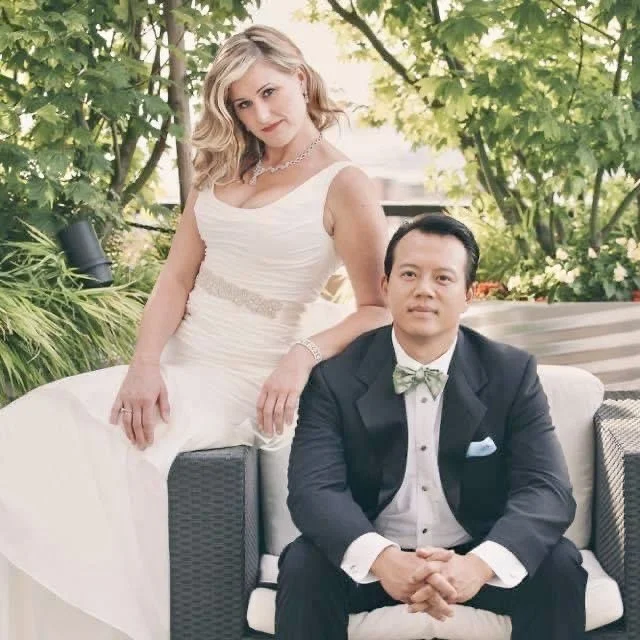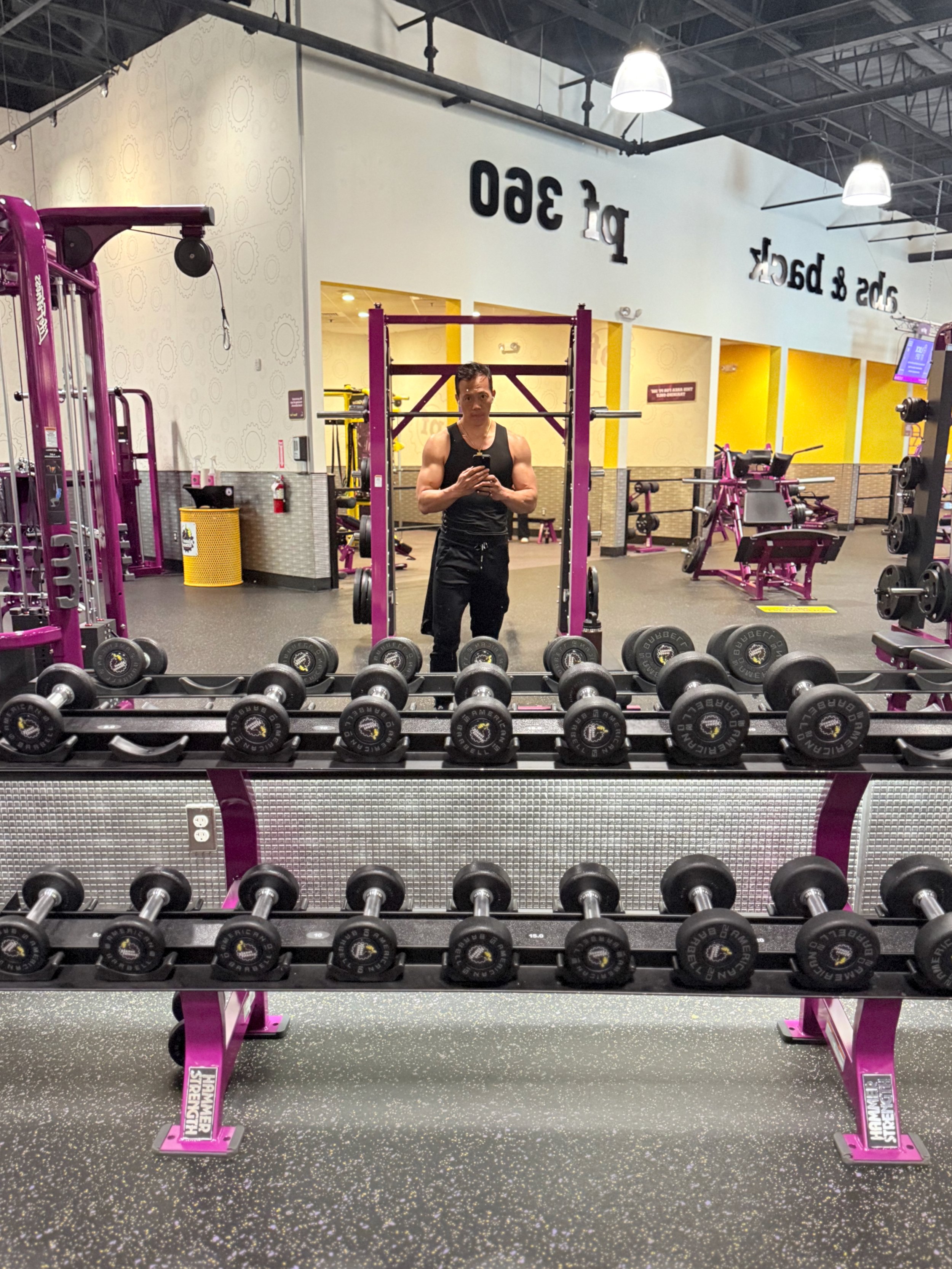
Memoir excerpt: Pamela
In 2004, Pioneer Square still held onto its soul. Back then it was the heart of Seattle’s startup scene, raw and unpolished, where the uneven brick streets carried both history and possibility. The air smelled of espresso, wet pavement, and the faint tang of beer drifting out of half-empty taverns. Galleries stood beside pawn shops, dive bars beside coffeehouses where artists and coders argued over ideas. Whole blocks seemed stitched together by oddities, like the endless rug stores that lined the streets. Their windows were stacked with Persian carpets and handwoven runners, yet I never once saw anyone walk out with a rug. We used to joke that they had to be a front for something else, probably money laundering, because no one in Pioneer Square was decorating lofts with five-thousand-dollar carpets. It was a neighborhood where ambition felt rough-edged and real, not yet staged for tourists. Today, much of that grit has been smoothed over. The dive bars have been replaced with cocktail lounges serving craft infusions at twenty dollars a glass. The pawn shops and discount stores have given way to boutiques that sell vintage jackets for the price of a week’s groceries. Restaurants now sit on every corner, with menus written in chalk and entrées priced for visitors, not residents. What once felt like a creative frontier has become a curated showroom. The edges have been polished, the history commodified. But in 2004, the place still belonged to the people who made things, who sketched in notebooks, who argued over startups in secondhand chairs, who believed they could bend the city to their will.
Take the call
Take the call. When you’re in government, especially in a place like the Pentagon, your time is constantly spoken for. The meetings are nonstop, the mission is pressing, and your inbox fills faster than you can clear it. Requests come in from all directions: internal teams, senior leaders, oversight bodies, and yes, vendors trying to introduce solutions or share new capabilities.
It’s easy to wave off those external calls. After all, there are plenty of guardrails, ethics rules, and real concerns about time, relevance, and intent. But I made a conscious choice to take those calls, especially if they aligned with the mission space I owned because sometimes, it’s damn hard to see outside of the five-sided tunnel.

The Weight and Lightness of 45
At 45, my body feels incredible.
I’m not running marathons anymore. My pace is slower. My recovery takes longer. But I’ve learned how to care for myself in ways I didn’t when I was younger. That care is more patient now. Less about proving something. More about sustaining something.
We spend a lot of time working on our physical well-being. Diet. Exercise. Sleep. But lately I’ve been asking: How much time do we spend working on becoming more compassionate? More self-aware? More present for the people around us?
And just as importantly: How are we working on becoming someone who exists outside of our title? Outside of our output?
Because strength at 45 isn’t just about physical ability. It’s about what you carry and who helps you carry it.
Recently, during a business trip, I got a call that my father-in-law had suddenly gotten sick. My wife and brother-in-law were home, scared. And I was far away, at a conference, trying to stay composed.

Podcast: Seeing the Power of Privilege at Play with Savan Kong
I recently had the opportunity to sit down with the Khmer Voices podcast to talk about something deeply personal—what it means to navigate privilege when you come from a background where nothing was guaranteed.
I shared my journey from growing up in South Seattle as a Cambodian refugee to attending Lakeside School, where the contrast between my world and that of my classmates was stark. We talked about grit, luck, and the often invisible systems that shape opportunity—and what it means to hold space for others while owning your own story.
